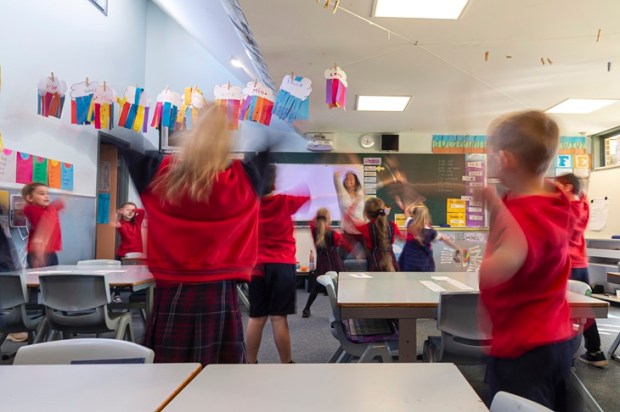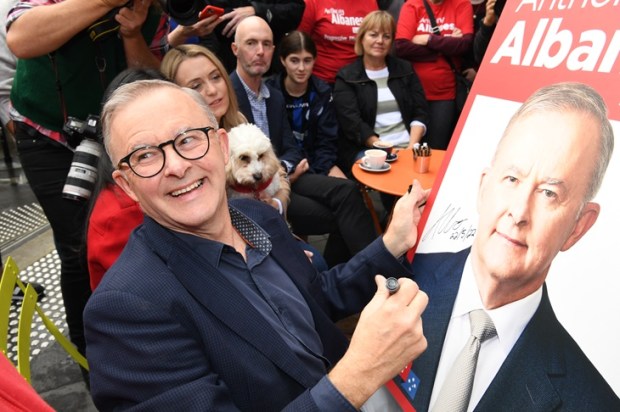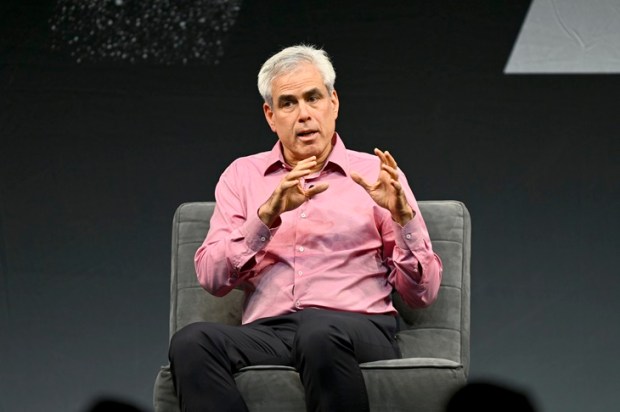Well, here we are with another review of teaching. Australia has itself a bit of déjà vu with a well-meaning Education Minister who wants to do his bit to fix the problems in our schools – this time by focusing on how we train our teachers.
To be fair, the Minister seems to be asking some of the right questions. Given the money we spend on education, why don’t we do better as a nation? Looking at how teachers are trained is important – they cannot teach what they do not know.
Here is a practical example. After recently marking the first essays of first year teacher trainees, I saw the need to do some revision of grammar. I asked the group a simple question: ‘What is a sentence?’ One of the young students, who was embedded in a school while doing her degree, said, ‘I don’t know, but my teacher is doing that with her year 5 students – I’ll look it up.’ The answer she found from her mentor teacher was: ‘A sentence is a clump of words that makes sense.’ Really…
So, my experiences would agree that there is core content that we simply do not consider important to teacher training, so a review might help there.
But it may not. There are complexities that go much deeper than simply adding ‘what the latest science says we need to do while we get back to basics’ (which is the reported framework through which the Minister is thinking).
I wonder if Minister Clare has done his homework in order to understand just how complex this apparently simple problem is? My suggestion is that The Minister should start his homework by reading Chapter 1 of the 2014 Donnelly and Wiltshire review of the National Curriculum, as commissioned by former Prime Minster Tony Abbott. These two reviewers fairly note improvements nationally with the introduction of ACARA – for we now have a curriculum that can translate across borders, to an extent.
But a decade ago these reviewers highlighted two deep areas of structural difficulty within the education system. Each of these aspects bring with them assumptions about the purpose of teaching, and therefore which ways of teaching are privileged over others. As Donnelly summarised later in his book How Political Correctness is Destroying Education:
As noted by the late Ken Rowe in the Commonwealth inquiry into the teaching of literacy, the prevailing orthodoxy in teacher education is based on constructivism; an approach to teaching that emphasises child-centred, inquiry-based learning and less explicit forms of teaching.
Such ‘child-centred’ approaches do not simply imply knowing your students well so that you can teach them better. It implies that teachers cannot impose sequential core knowledge into their lessons. Why? Because, according to the constructionists, all we need to do is to help our students think, and they can find the rest on the internet.
So, when the terms of this review suggest getting back to the old fashioned teaching core of Reading, Writing, and Arithmetic, it begs the questions, ‘to what end’, ‘in what way’, and ‘with what content?’
For example, is the purpose of our education simply utilitarian – aimed at getting everyone to work in the government’s priority areas, which include environmental alarmism, anti-family identity theory, and victim-blaming anti-Judeo-Christian history?
To help the Minister understand these dynamics better, he might also do another piece of homework that involves reading Professor John Sweller’s work. His theory flies in the face of the popular notion, supported by pseudo-science, that students do not need to learn anything off by heart because it is on the internet. The fact that the internet is also littered with conceptual rubbish seems to escape proponents of ‘21st Century education’. The constructivist process of education is given so much privilege that we have students who simply do not know enough (like, ‘What is a sentence?’). But neither do the teachers of these trainees know good content, because they have not learnt about it – the problem is generational. After reading Sweller’s work, the Minister could then graduate to E.D. Hirsch’s Why Knowledge Matters, and the report by the John Hopkins Institute, What We Teach Matters. Or he could read the case study about Sweden’s decline in standards by Henrekson and Wennstrom.
So, does the Minister understand that the methods by which teachers teach reflect their deeper assumptions, or what we used to call ‘philosophy of education’? And similarly, does he understand that these presuppositions which we bring to our teaching also have an impact on what we consider is good content? This is where Minister Clare needs to do even more homework. An ideology is the belief system in which we put our faith. Such deep beliefs steer what we believe is essential content for education. That is why the IPA report that came out earlier this year by Bella D’Abera and Collen Harken would be the next homework piece for the Minister.
This report revealed afresh the depth of distortion in the content of the ninth iteration of the National Curriculum. This national document is what the teacher trainers will still be expected to work too. But as the authors summarised:
As this report reveals, where the National Curriculum is failing in one area, it is succeeding in another. Instead of teaching children how to read and write, it is indoctrinating them with identity politics, radical race theory, and radical green ideology.
These emphases reflect the priorities of the current political elites. The authors note ‘… as this report demonstrates, Version 9 of the National Curriculum is a highly politicised document; it reflects the current ideologies held by bureaucrats who have control over what is in the curriculum.’
These privileged emphases are in line with the ideologies of the Labor Party. Will the Minister really reject his party’s ideology to release teacher trainers to revise the content away from environmental and pantheistic alarmism, the racially biased critical race theories, and the emphasis on history that downplays the constructive aspects of Western heritage?
I doubt it – we have been plagued by Ministers who seem to lack experience with these educational philosophical assumptions, knowledge of the National Curriculum, and an understanding about the teaching of teachers. Yet here we are, with another Minister trying to evaluate whether teachers and their trainers know enough about going back to the basics in schooling…

























